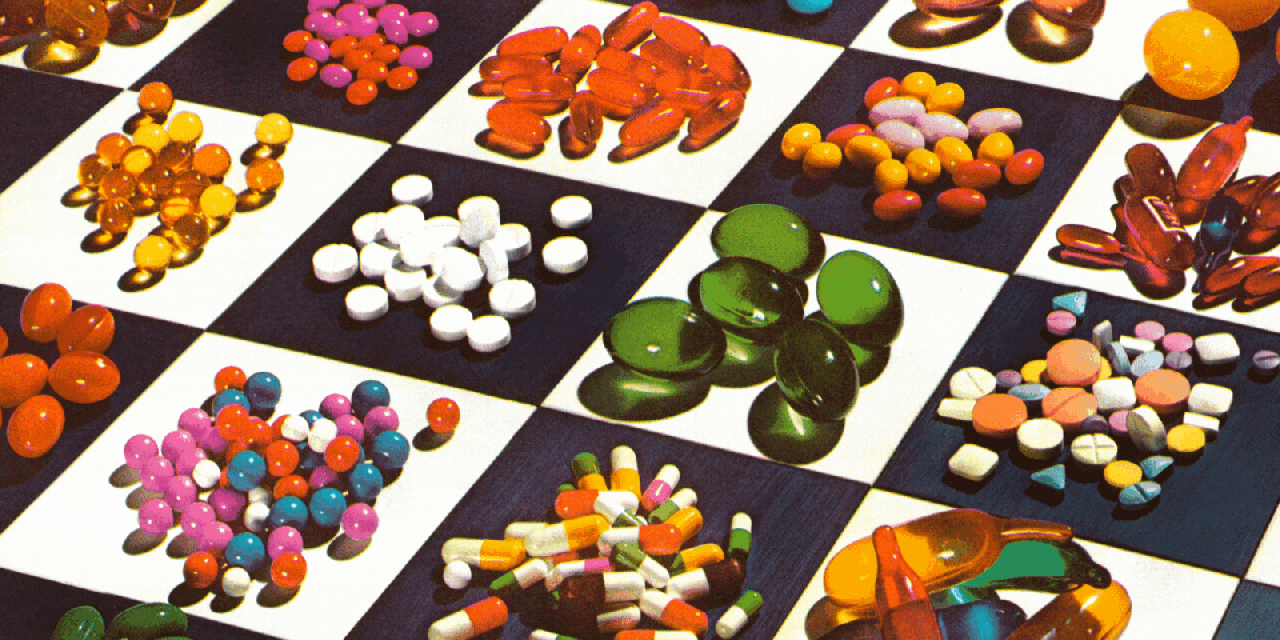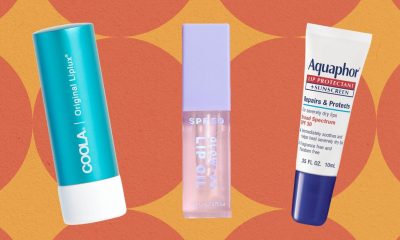Food
There are supplements all around promising to make you prettier, healthier, and better. Here’s what science has to say.

Walk into any grocery store or pharmacy, and you’ll find shelves stocked with a wide array of supplements promising to improve your health and well-being. From pills and gummies to powders and wellness shots, these products claim to make you calmer, sharper, happier, thinner, younger-looking, and better in almost every way. Social media is flooded with ads targeting your insecurities and promising quick fixes for various health concerns, while influencers endorse products like colloidal silver, collagen pills, and NAD+ for healthy aging.
It can be tempting to believe that these supplements will work wonders with minimal effort, but experts caution against falling for the hype. The benefits of supplementation are largely unproven, and most people do not actually need to take them. Many products make false claims, waste your money, and can even have negative health consequences. According to Aimee Bernard, PhD, an assistant professor at the University of Colorado Anschutz Medical Campus, the best-case scenario is that you simply excrete the excess nutrients.
Nutrient deficiencies are actually quite rare among the general population, especially if you are consuming a balanced diet. The Academy of Nutrition and Dietetics states that as long as you are eating a variety of fruits, vegetables, whole grains, and proteins, you should be getting all the vitamins and minerals you need without the need for supplements. Additionally, many foods in the US are fortified with key nutrients, further reducing the risk of deficiencies. Even if you follow a vegan or vegetarian diet, it is still possible to meet your nutritional needs with careful planning.
Despite the common belief that taking a daily multivitamin is essential for good health, experts agree that most people do not need one. For those who do have specific nutrient deficiencies or dietary restrictions, targeted supplements may be beneficial. However, it is important to consult with a healthcare provider before starting any new supplement regimen to ensure that it is safe and appropriate for your individual needs and health status.
When considering whether to take a supplement, it is important to consult the scientific evidence and expert recommendations. Many products on the market make lofty promises without any real proof of their effectiveness. Before trying a new supplement, it is crucial to do your own research and weigh the potential risks and benefits. Ultimately, the best way to support your health is by focusing on a balanced diet, regular exercise, and other healthy lifestyle habits rather than relying on supplements as a quick fix.
In conclusion, while the supplement industry may promise easy solutions to common health concerns, the reality is that most people can meet their nutritional needs through a balanced diet. Before reaching for a bottle of pills or powders, consider whether you truly need the supplement and consult with a healthcare professional if you have any doubts. By prioritizing whole foods and healthy lifestyle choices, you can support your overall well-being without the need for unnecessary supplements.

-

 Wellness21 hours ago
Wellness21 hours agoTop 12 Lip Balms with SPF for 2024, Recommended by Dermatologists
-

 Travel21 hours ago
Travel21 hours agoVenice makes €1 million from daytripper entrance fees in first 11 days.
-

 Investing21 hours ago
Investing21 hours agoTrivariate Research suggests purchasing high-quality tech stocks that are resistant to inflation and interest rate hikes.
-

 Food21 hours ago
Food21 hours agoIs it safe to put hot food in the fridge? Or could it lead to illness?
-

 News21 hours ago
News21 hours agoMassive fire erupts at Broadmoor psychiatric hospital, housing some of Britain’s most notorious criminals such as Ronnie Kray and The Yorkshire Ripper
-

 Finance21 hours ago
Finance21 hours agoMega Millions jackpot increases to $489 million as there is no winner of grand prize
-

 Videos21 hours ago
Videos21 hours agoBACHON KE SATH KI DATE PLAN | FAMILY FITNESS
-

 Lifestyle21 hours ago
Lifestyle21 hours agoTravis Scott Engages in Altercation with Tyga’s Friend AE at Cannes Film Festival









